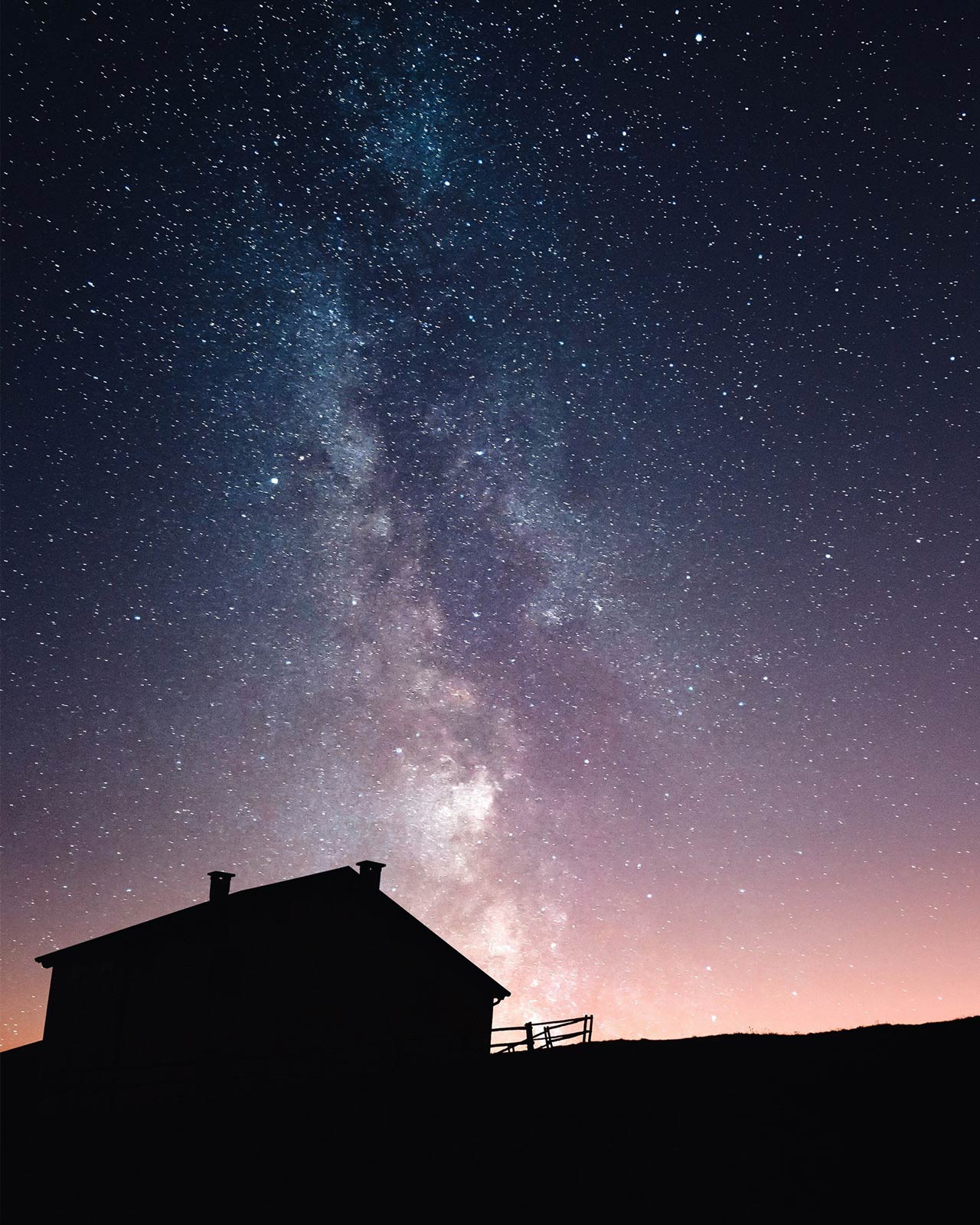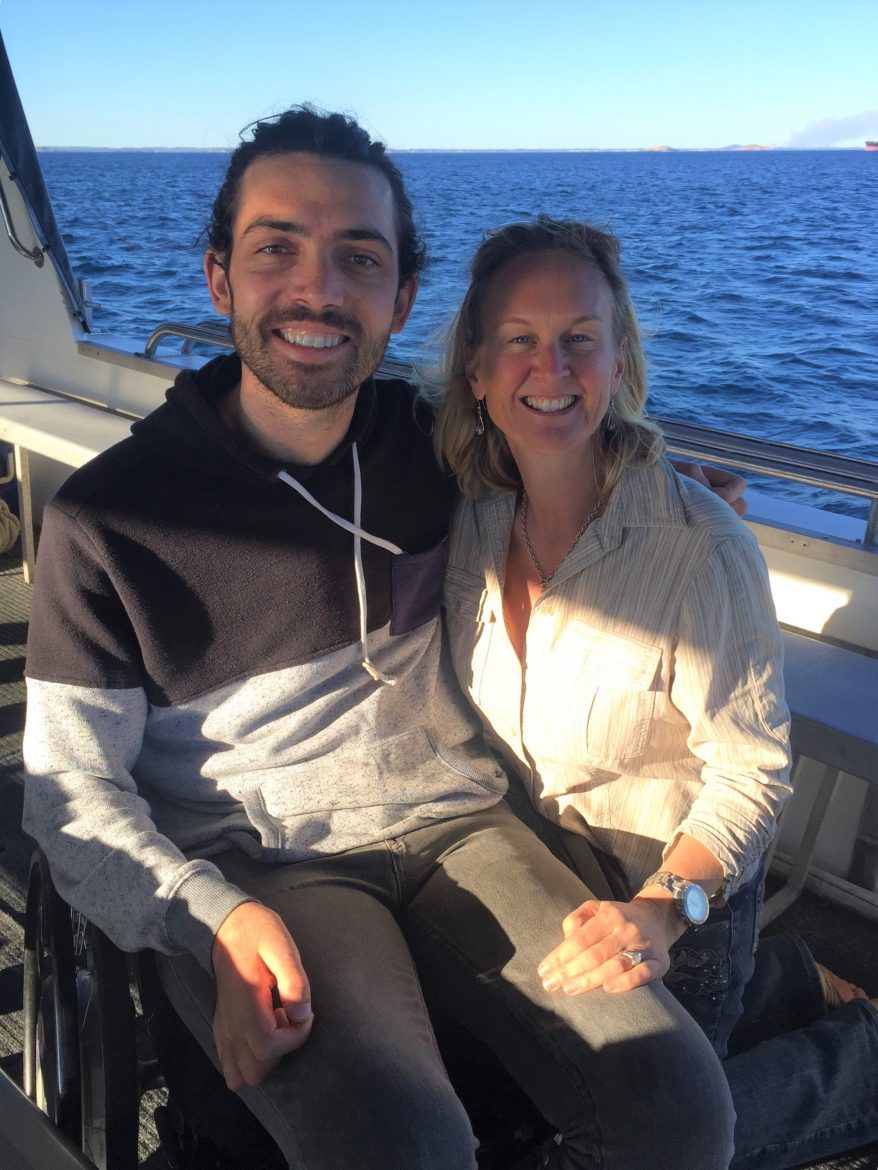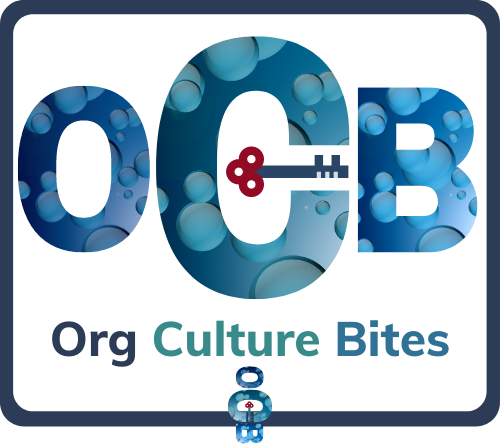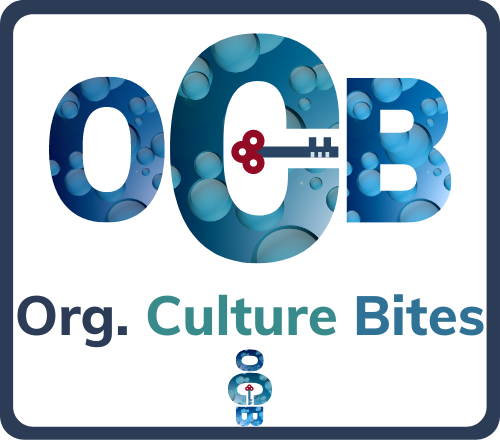-
 play_arrow
play_arrow
-
 play_arrow
play_arrow
-
 play_arrow
play_arrow
-
 play_arrow
play_arrow
- Home
- keyboard_arrow_right Podcasts
- keyboard_arrow_rightPodcasts
- keyboard_arrow_rightLocal talent heroes impacting Australian workplaces
- keyboard_arrow_right #1. JAIMEN HUDSON

-
 play_arrow
play_arrow
#1. JAIMEN HUDSON Angela

Find out what makes Jaimen Hudson tick, his mindset in overcoming adversity and ‘not sweating the small stuff.’ Hear how he was able to integrate back into the workforce after his transformational accident and progress his career with the help of a nurturing, yet challenging approach. Jaimen offers advice about making time to follow your dreams and for employers about how to create an inclusive, fun work environment.
OCB PODCAST TRANSCRIPT
DATE RELEASED: AUGUST 2019
Written intro:
CONTENT:
Podcast Series Introduction
Hello and welcome to the Org Culture Bites podcast series about people making a positive impact in Australian workplaces.
As always, thank you for listening. We hope you hear something enjoyable and interesting in this interview and feel inspired, we as have by the great talent we have in Australia.
——————–
Podcast Introduction
Hi my name is Angela Lewis from Org. Culture Bites and today I’m going to be interviewing Jaimen Hudson.
Jaimen Hudson is 28 years of age and lives the life of a bold, adventurous man, building a business and the foundation of life with his new family. Just over 10 years ago, Jaimen had a tragic motorbike accident that damaged his spine, the ability to walk, use his hands and live the life of an adult that many of us for granted.
In the short time since his accident, Jaimen has returned to the workforce in a different capacity. With the support of his father and colleagues, Jaimen transitioned into new work responsibilities and began to carve a niche out for himself, using his personal strengths and interests to adapt, differentiate and build business opportunity.
Jaimen has gained an enormous following of fans from all over the world, inspired by the captivating footage he took of a paddle boarder with whales off the Esperance coast, his home town in Western Australia. He has won numerous awards, including WA’s Young ‘On-Line Achiever’ and ‘People’s Choice’ Award winner last year, as well as a nomination for West Australian of the Year. He was also recently invited to be a member of the Disability Services Board in Western Australia. Now, Jaimen is the focus of the camera, being the subject of a documentary being made about him and his life.
Jaimen continues to inspire audiences, customers, youths, his family, friends and community as he seeks to live his life to the full, continuing his breathtaking drone photography, running his business and now, taking on the role of husband and loving father of his new son.
His attitude towards customers, life, work and overcoming obstacles is indeed, something we all could all learn from, to help build better, kinder, more inclusive and resilient workplaces.
Podcast
Angela:
First of all Jaimen Hudson thank you for agreeing to do a podcast with me today, I appreciate you’re a busy man these days, so thank you. What I’d like to do is ask you a little bit about this documentary that’s being made about you at the moment…
Jaimen:
Thank you so much for having me on. So I guess the documentary came about through my family knowing Leighton and Jody from Sea Dog Films since I was a young boy really, they worked with them on documentaries and they chartered our boat. When I did my drone license I went to Perth and you know how they say it’s fate, it was meant to be… I had to cancel the first stint I was meant to go to in June because I couldn’t actually get to it -because I didn’t have carers available -so I changed it to July. It just so happened that Leighton was in that class and while I was there he said that he’d been wanting to contact me and make this documentary. Because I’ve been lucky to have some success with droning – I just got into droning for a hobby and it is my main hobby, but some of the videos I made were popular online and that sort of gave me a bit of a following. And he just liked my story about how I had overcome adversity and he wanted to try and put it in a documentary.
We have been lucky enough to have several overseas channels come on board and hopefully we will get the remaining funding so that we can do some more of the expensive aspects of the documentary, which is heading over to Adelaide to do the diving with the white pointers
Angela:
Thanks Jaimen. So we’ve seen over the last few years in particular that you’ve really risen to fame so-to-speak and have also really come into your own in terms of your own business and professional life… obviously your personal life as well, with getting married and having a baby! Can you tell me in your mind what does success look like for you?
Jaimen:
My idea of success has changed a lot since I had Captin. It’s funny, I used to think that if I had 1000 followers on Instagram that would have made me happy, but when I got to 10,000 I thought ‘yeah maybe that’s enough. But now that I’m up to 59,000, it’s ‘oh, it’ll be great when I get to 60’ But I realise that will never be enough. And no matter what possessions I buy or the house that I build, none of that really matters. That does not really make you happy. I’m lucky to have those things, but I truly look at my life now – and I was riding along the foreshore the other day – and I thought… I don’t envy or want to live anyone else’s life. I get to come home to Jess and Captin and that’s what’s really important. When I look down at him I feel truly in love and very happy where my life’s at. So that’s to me what success is.
Angela:
Good. I get a sense that you have a real sense of balance in your life; there are a lot of things that are really important to you.
So now I’d like to talk a little bit about your career. Can you tell me – did you start out wanting to be in this business? What was the pathway you took when you were a small child? What did you want to do and how has your career taken different turns over your lifetime?
Jaimen:
The whole marine industry, well, I was born into it really. My parents started a dive business before I was born and then my earliest memories are of days out on the water as they taught people how to dive and I have had a real love affair with the ocean I would say, going out on the boat- I was heading in that direction I think, I never really considered another career. It was always going to be getting my Master Class 5 and driving the boats.
I had a motorbike accident when I was 17, which really changed the trajectory of my life. I was booked in to get my commercial dive licence on my 18th birthday in September and all of that changed. The things that I had planned were no longer accessible to me. I really credit the six-month period after I had my accident that I have been very lucky to have been born with a positive outlook. For me I just set out to try and live the best life possible. I credit going back into work and having the family business to go to – answer the phone and basically take my mind off of sitting at home feeling sorry for myself, and being able to earn a wage again and live a life – I credit work for really helping me through that period in my life. So that’s what this career means to me I guess.
Now, I have been lucky enough to work in with my father to start taking over the business and like I said earlier I truly love where my life’s at. I love droning but I feel like if I just did that all of the time I would not be at home, I might be away filming constantly and that’s not really possible for me. I need carers and things like that, so going away becomes a huge task really. So I’m lucky to have droning as a hobby still and being able to work on projects and then getting a good amount of my normal work as well.
I deal with a lot of customers and they’re all here on holiday and 95% of them are here to have a good time and we get to show them that by I taking them out on the water. And then being my own boss in a sense now if I want to go droning at this time of year it’s dead quiet at work, I can go out and drone around the coastline looking for whales. And just balance for me is what I love most – and I know I digress terribly from where your question was. But basically from a young age and especially after my accident I could have re-educated myself to go down a different pathway, but going through school, unfortunately I always had the mentality of wanting to end up in the family business. So I didn’t do TEE (which is tertiary entrance exams) so I guess re-educating wasn’t really a plan and not at something I ever really thought about. So I didn’t go down the pathway of doing the business but that’s something that I wanted to do and I’m really lucky to be able to do really because I had the opportunity from my family really,
Angela:
I’d like to just reflect on something that you said around that first 6 months and that rehabilitation stage, you mentioned that getting back into work was a positive thing for you. Can you tell me what sort of things needed to be considered what was important for you at that time? What really helped in that first year getting you back into the workforce and what difference did that make?
Jaimen:
I just remember going down to the shop really and not really doing anything for the first little while. It was just more to hang out down there you know and get me out of the house. I wasn’t doing anything for the first little while and then the phones would ring and they said ‘you should answer the phone.’ So they made me answer the phones and that was good. I used to have to put a special splint on my hand and I guess somebody else had to answer the phone for me and put it on speaker for me.
I don’t really remember all that well, but when we built the shop – this is going to sound funny – but I remember them saying that it all had to be wheelchair accessible and have a wheelchair toilet down the back and the entrance had to be wheelchair friendly. Of course my parents were probably thinking ‘why would we have to do that it’s a dive shop, we’re probably never going to have anyone coming here in a wheelchair!?’ But a few years down the track it worked out really well because there wasn’t amount a huge amount that needed to be changed really. They got a table made that was lower and they got a touchscreen computer. Job Access was really amazing – that’s a West Australian organisation that helped out a lot with that.
The just slowly I took on more roles and when I was there, I feel like started to not just be there to answer phones, but actually to help out and assist. It’s all really just a huge blur to be honest. I don’t remember a lot of it. Eventually I took on more of a managerial role I guess when my dad started to spend a bit more time over in Sydney and that was good. It put the pressure on me more, I guess you could say, to have to rely on him to answer my questions, even though he was only a phone call away, and that was really quite good. It gave me the freedom to sort of run things more on my own, so I guess that’s about it really
Angela:
That’s good. I guess, if I was to think about some of the comments you made, they were that getting back into work and re-establishing yourself was really important, being around people. That really it wasn’t too hard to make the adjustment in terms of the physical environment and the support you needed – it wasn’t incredibly challenging. But it also sounds that you started to come into your own in a sense… that you had somewhere to start from.
When I look at you and when I hear you with customers, I’m always so incredibly impressed by the way you interact with people and the huge respect that you show your customers and your clients. Where does that come from?
Jaimen:
I think a lot of that probably just comes from when I was younger, manners were a huge thing in our household ‘please’ and ‘thank you’ and I have carried that on throughout my life, you know. Maybe not all the time when I speak to my family, but especially with my carers and that I’m very cautious to say please and thank you. With customers, I’m very fortunate to have travelled a lot when I was younger. When I arrived at a hotel, people there were very friendly, welcoming, you really notice it. I’m always trying to I guess, really beat the competition in manners. People I think like to see me at work. They like to see somebody who has had a bit of a rough go of it in their younger life perhaps, making a life for themselves. And if I can be receptive to them being our customers and very polite and hopefully if they come and ask about a cruise and I really sell it to them and I’m polite they might just book on straight away with us.
Angela:
You mentioned earlier that you seem to have been born with a positive attitude so that’s very lucky and you do come across as always having something positive to say and see a ‘silver lining’. Can you tell me a little bit about when you come against things that are difficult, or difficult choices or things that you’re not quite sure how to solve… is there a process that you go through to try and work that out, or overcome those obstacles?
Jaimen:
I don’t know about a process as much. They say Libras are fence sitters, so I’m terrible decision maker to be honest with you, when it comes down to pulling a trigger on a decision. I’ll go back and forth for a long time, but I guess that’s one thing is I really do think about everything a lot. I think as well, having my accident has really in a sense numbed me to everything else. Like if somebody damages something, it doesn’t really bother me in the slightest because I think it all pales into insignificance. When I consider my accident really, I lost my ability to walk and care for myself, so damage to the boat or something like that you don’t want it to happen, but I certainly don’t dwell on it or stress about it.
The times I get more stressed is probably for example, the other morning when the gas had run out in one of the units and they rang at 7 a.m. -which is when my carers get there- and I just have to wait for the carers to get me showered and dressed before I can go. And I know the people were fine in the unit, but they probably don’t understand that when I say I’ll get there in a minute and an hour later when I get there and arrive, they are probably thinking ‘well, that’s not a minute!’ So they’re the times that worry me the most, really. Just simple things, like sometimes I won’t answer my phone cos it’s on silent and then I find out that people that were trying to book into our accommodation end up finding somewhere else to book in cos I couldn’t get to the phone cos I was in the shower with my carers.
I know this is all dwelling back to my disability but they are probably the things that stress me most to be honest with you. The rest of it, I just try and you know, pick up the phone ring my Dad or Jess or Mum or someone and just run the decision by them really and see ‘what do you think about this?’ Several heads are better than one, so that’s probably how I go about my decision making
Angela:
Good. So it sounds like you’ve got a few people around you that you can use as sounding boards and you have the encouragement and support of a few key people to help bounce ideas off as well and help you when you need it.
Under 30, got your own business and you’re now invited to be part of a board in Western Australia. Can you tell me a little bit about that and what sort of difference that will make, what role you have on the board and what you’d like to do there?
Jaimen:
I feel my role came about on that board because they had just seen some of the things that I’ve been doing post spinal cord injury with a disability. I am very grateful to the Australian government for being so forthcoming with people in their country that have a disability – they pay for all my care, which in actual fact gives me the best start of the day really without them I would be in bed or it would be a huge amount of pressure on my family to try and get me out.
The disability commission board of Western Australia reached out to me to see if I want to be a board member and I at first was like ‘yeah no worries’ because I thought it would be a cool thing to do. But then you have to travel to Perth once a month, so that then involves people assisting me. But they probably just asked me because they hope that perhaps some of what I’ve been able to do post spinal cord injury can be shared or can shine light on how we can assist other young people in Western Australia that either have a disability or have had an accident.
So far I have attended the meetings and I do try and contribute as much as I can, but once we get out into the community and meet with people and really start to hear what their concerns are, that’s when I really feel hopefully I’ll be able to shine and make a difference. Because I don’t want to just be there sitting on the board, I really want to make sure I’m not just taking up a seat, that I’m doing my best to assist other people out there in a similar situation to myself
Angela:
Fantastic. So it’s a little bit about giving back and a little bit about paying it forward.
So given that the theme of this podcast is around making a difference in workplaces, can you tell me from your perspective what advice would you give somebody who may have a disability, or in general really about starting up by them self and secondly, what advice would you give any employer that’s considering taking somebody on who has a disability that might just be concerned that it might be too hard, or not sure what it would entail. What sort of advice would you give them?
Jaimen:
So I think there are really two aspects to our business or several but the one that my family started and then the drone aspect that I started. I learnt a lot from them as far as how to run a business, so I couldn’t really say that I started it myself by any means you know, but I just worked in with them saw that if you put in the hard yards you can be rewarded as far as not so much financially but just to live a good life. So I do try and work as hard as is necessary. I edit my videos when I get home and I do all the work when I’m there (in the shop) during the day and out droning or taking out boats and everything like that.
So my advice would be to anyone whether you have a disability or you’re down on your luck, would be just probably if you can’t find work or you’re wanting to start up a business, to chase your dream. It sounds cliché but they say ‘you miss 100% of the shots you don’t take,’ so it would just be to do it really. A lot of people are concerned they’re going to fail, but it doesn’t really matter, you know. If you take a year out of your life, the years go by so quickly and at least you did give it a shot and try – so that would be my main piece of advice. And if you already have a job and you’ve got a dream that you want, I’d recommend you don’t go quitting your job. I recommend you do the dream job in your spare time, night time, weekends until you know it will be able to support you before you go quitting the last job. That’s probably my advice to anybody out there trying to get into an industry or a look at working for somebody else.
It is great to work for yourself but I try and create an environment that is an enjoyable one for everyone to be there, you know. Nobody wants to go to work on Monday and hate it. I always hear people complaining ‘I can’t wait to have for the weekend!’ and i think there’s only two days out of the whole week, you know, out of 7 so you’ve got five that you’re going to be miserable, before you know it your whole life has gone by and you’re miserable for the majority of it! So you do want to try and enjoy what you’re doing to an extent and be in an environment where you can enjoy the people that you’re around. We try and have that at work – it’s probably sometimes it a little too relaxed, but as long as that the end of the day the customers are happy the jobs at getting done, then in my eyes that’s the most important thing,
Angela:
Do you have any advice for people in workplaces that don’t have anyone with a disability and they might be considering doing that what advice would you have for them?
Jaimen:
Yeah I think a lot of places out there would not know of somewhere like Job Access (the Disability Employment Service) you know. I was just talking about this in the commission meetings the other day, is these days they have quotas – I didn’t bring this up another lady bought this up – but is how a percentage of the work place have to be perhaps female or a percentage has to be indigenous, but there’s nothing about disabilities you know. And I don’t necessarily agree with quotas in the fact that – you want the person that’s right for the job you don’t want to just have people with disabilities because you need it to be – especially from a small business point of view, it’s not like we have expendable income. You want to be employing people that can fulfil the role the best.
But I think there’s a lot of people out there with a disability that can fulfil the role but perhaps access isn’t quite right at the workplace or they need a touch screen computer and things like that. They may not be able to afford to buy one and the workplace obviously could employ an able-bodied person and not have to purchase those specialised items. But that’s where something like Job Access can come into it and they can help fund it. I guess their role is to get people off of the Disability Support Pension and into the workplace, so that’s why they fund those sort of items. So my advice would be just to not necessarily turn a blind eye to people with a disability, but to look at what can help out there. Like Forrest Personnel will pay their wage to someone for several weeks while you trial them or Job Access or other organisations like that.
Angela:
Fantastic. Thank you just a few more questions Jaimen. So when one I’ve been interesting interested to ask you is around your values and beliefs because obviously we see more and more in leadership roles that people’s experiences and their beliefs are really important to the way they conduct themselves in the way they behaved and the type of manager they want to be known for so can you tell me a little bit about you do you have any values or beliefs that you hold in high regard that you stick to all that you reflect back on when you’re a leader and manager?
Jaimen:
I’m a pretty materialistic person, you know, I like things. But you realise that none of those bring you happiness and anything and I feel that after my accident I’ve become a much better person and I try and treat people I guess the way I want to be treated in the workplace. A lady that works for us, honestly is the most cheerful, loving lady you’ll probably ever meet and sometimes she’s just talking you a lot. And I’m just like thinking in my mind… “I just wish you wouldn’t talk much” but then I really just try and weigh up the fact that the good outweighs the bad 10 times over. So really, am I better off letting her have fun and talk and making it a fun environment or if she left then I’ve got a hire someone else who might come to work miserable or might not do the job as well. So they’re probably more my values now I would say.
Angela:
Thank you. One final question… If you were to think back and take a look at your younger self – so young Jaimen – what advice would you give yourself, your younger version of Jaimen about your future?
Jaimen:
Don’t go motorbike riding! Nah, I don’t know what I would give… I would definitely just be more attentive at school, make better use of my time there for sure. I unfortunately was I guess described as a ‘class clown’ really and the teacher’s would always remind me that they knew my parents because they used to work there. So I unfortunately I squandered a lot of my time there, but I had a good time in saying that. But that would be my advice to my young self you know, they you can’t put an old head on young shoulders.
And then as far as my life and disability goes, I couldn’t possibly change it because then I wouldn’t know where I would have ended up you know. I wouldn’t have met Jess and I wouldn’t have my son Captin you know, it may have not gone down the pathway of that I did – ending up in droning, having this documentary being made about me – not that those things are the be-all and end-all. But like I said earlier, I do live at amazing life. Obviously I would like to be able to click my fingers and be able bodied again but unfortunately that’s just part of my life story. I was lucky to make that just an exclamation mark but not the full stop. So yeah just I don’t know young advice… I mean, now I’m 28, nearly 29… just make the most of every moment. My parents told me – when I was young I said I can’t wait to quit school and start working. They’d always say “don’t wish your life away because before you know it will fly by.” And I know I’m only young, but I’m still getting close to 30 and it does fly by, so really just try and make the most of every opportunity that comes your way and the time that you have.
Angela:
And there’s a second part to that last question. If there was one thing in the world that you could change what would that be?
Jaimen:
Yeah, I don’t know. If there was one thing In the world that I could change what would that be… I’m trying to think of the environment and stuff like that, I don’t know… I think the world is a pretty good place really especially in Australia. It would probably be that everybody had the opportunities that we have in Australia you know. If I can urinate in clean water and then there are people that don’t even have clean water to drink, there’s such a real issue there. And we need to try and I think rectify that and eradicate those sorts of issues.
I mean, these days so many people are into wildlife were ‘killing these,’ or ‘doing this.’ Don’t get me wrong, that is absolutely terrible – we shouldn’t be doing a lot of what we’re doing and I do love the wildlife – but I also think there’s a huge amount of humanitarian side of it where there are people out there that are starving. I watched an interview with Russell Brand and he went to India one day with Katy Perry and they were drinking $20,000 bottles of champagne. And then he went to a tip and there were kids going through the tip picking out bits of watermelon you know, and I’m not saying there shouldn’t be opulence for the people who work hard and earn their money – that’s not a problem at all. But I just wish we could do more for the people that are poor and don’t have the opportunities. So that would be it probably, the one thing I’d change.
Angela:
Awesome. Well look, thank you for your time. I really appreciate your candour, your openness. I love your personality and can’t wait to see what your make of the rest of the life – the wonderful life that you have. Thank you.
Jaimen: Thank you so much for having me on, thanks.
Endnotes:
For more information about Jaimen, please visit his website: www.jaimen.com.au
If you are interested in understanding more about the documentary being made about Jaimen, please visit Documentary Australia Foundation via the following website:
Here you will also find access to options to make a donation If you may be interested in pledging support to help fund the next phase of filming – Jaimen’s ambitious dream to film white pointer sharks underwater – or to help support action for change for people with a disability.
About Org. Culture Bites.
Org. Culture Bites aims to improve our quality of life ‘at work and through our work.’ We do this by breaking down organisational barriers and building opportunity through people. Org Culture Bites provides resources to individuals, leaders and organisations to help them build capability and improve organisational performance. For more information on tools, diagnostics, guides and advisory services, please visit our website www.orgculturebites.com or contact us directly on NewCustomerEnquiry@orgculturebites.com
© 2015 - 2019 Orgculturebites. Trademarks and brands are the property of orgculturebites


Post comments (0)